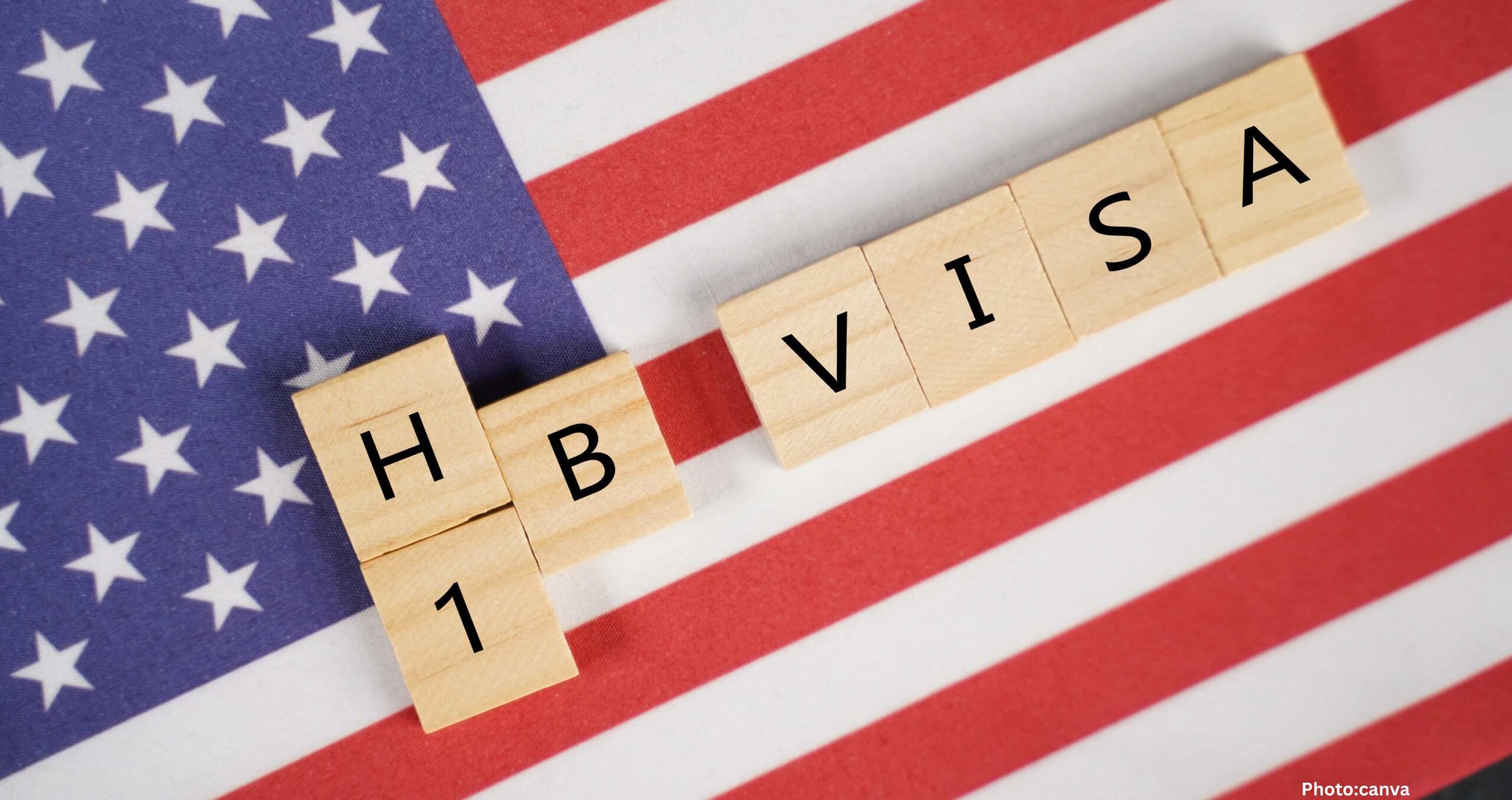A former Meta engineer has sparked a significant discussion regarding H-1B visa usage in the tech industry after revealing that most of his 2017 data engineering team were visa holders.
A former Meta engineer has ignited an online conversation about the reliance on H-1B visas within the tech industry. Zach Wilson, who is now leading his own data analytics startup in San Francisco, disclosed that 15 out of 17 members of his 2017 data engineering team were on H-1B visas. His comments come amid growing concerns over President Donald Trump’s recent proposal to impose a $100,000 visa fee for new applications.
In a post on X, Wilson shared, “When I worked at Meta in 2017, I was on a team of 17 people. 15 of the 17 were on H-1B visas. I was one of two Americans on the team.” He further noted that under the proposed new rules, this would amount to $1.5 million in visa fees solely for core growth data engineering roles.
Wilson’s remarks have resonated widely, particularly among American job seekers. He added, “If you’re an American looking to land a big tech role, now is your time because more than 80 percent of your competition literally just vanished overnight. Good luck!”
Having spent nearly two years at Meta as a data engineer, Wilson transitioned to entrepreneurship by launching his own startup. His post on X has elicited strong reactions from both Indian tech professionals and international observers. Some users clarified that the new visa fees would not impact current H-1B holders, suggesting that the changes would primarily slow the influx of new visa applicants over time. One user noted, “So any effect it will have will be slowing the pipeline of new H-1Bs over time,” highlighting the complexities of the situation.
Indian engineer Nitin Ahirwal contributed to the discussion by emphasizing that Meta’s success in core growth data engineering stemmed from talent rather than nationality. He stated, “If 15/17 engineers were on H-1Bs, that tells you something: US schools are producing users of tech, not builders.” Ahirwal also pointed out that the proposed $1.5 million in visa fees pales in comparison to the $120 billion in value generated by H-1B workers for major tech companies such as Facebook, Amazon, Apple, Netflix, and Google (FAANG). He argued, “Your ‘competition’ didn’t vanish. It just shifted. Those engineers will now be building the next Meta, Google, or Nvidia — in Bangalore, Hyderabad, Toronto, or Singapore.”
Another user, Rushikesh Patil, echoed this sentiment, stating, “If 15 out of 17 engineers at Meta were on H-1Bs, it tells you the reality. The talent pipeline wasn’t coming from US schools then and it isn’t ready now. Removing visas doesn’t replace the gap; it just exposes it.”
Tom Anderson, another user on X, shared his own experience, recalling, “I was on the Windows team (8) doing DevOps with Sanchez. We were the only two Americans on that team, and everyone else, including the manager, were from India — not to mention the three directors above the manager.” Wilson responded to Anderson’s comment, suggesting that if Meta had provided him with an opportunity, they would likely extend similar chances to graduates from prestigious institutions like MIT and Stanford if no other options were available.
The cost of filing an H-1B petition has historically ranged from $2,000 to $5,000. However, under President Trump’s new directive, this fee is set to increase dramatically to $100,000 for new applications. Experts warn that this substantial hike could have far-reaching implications for Indian professionals and the companies that rely on their expertise, particularly since Indians constitute over 70% of H-1B visa holders in the United States.
As the debate continues, the implications of these changes on the tech industry and the broader economy remain to be seen. The conversation sparked by Wilson’s post highlights the ongoing complexities surrounding immigration policy and its impact on the workforce.
Source: Original article

